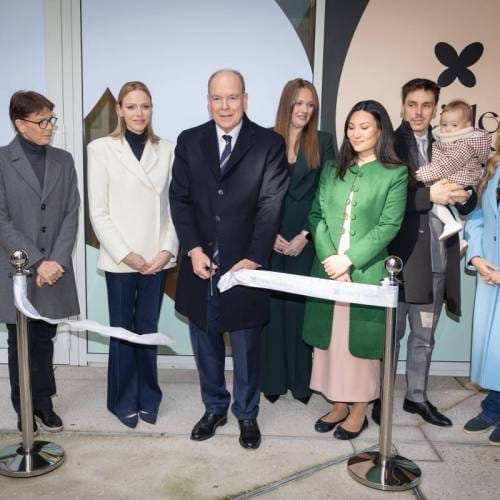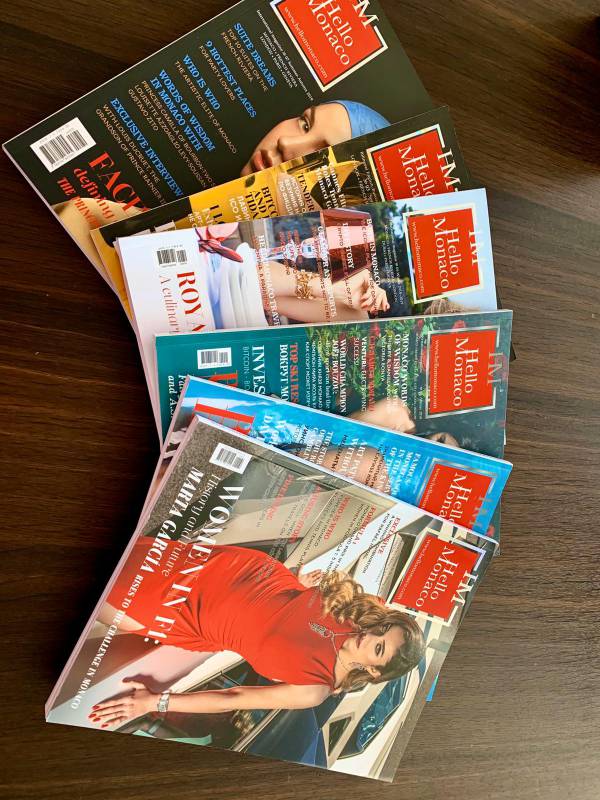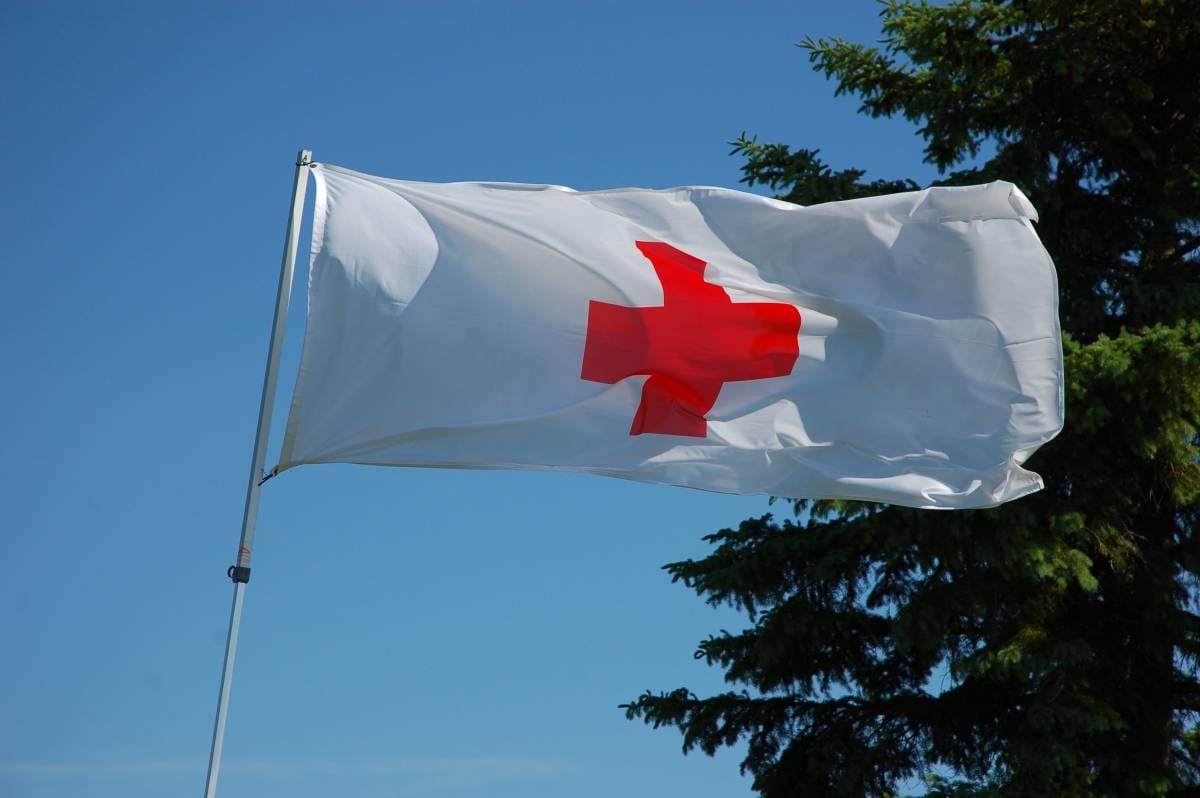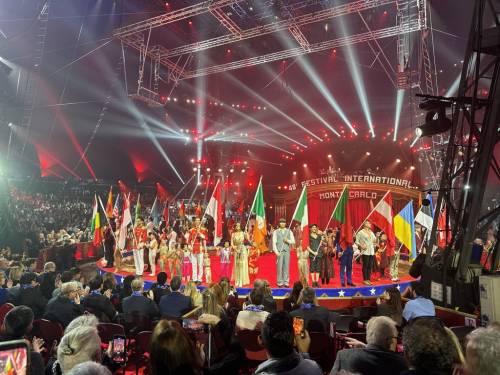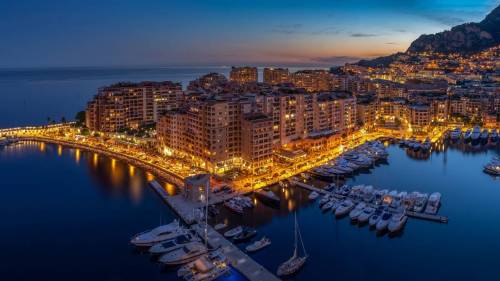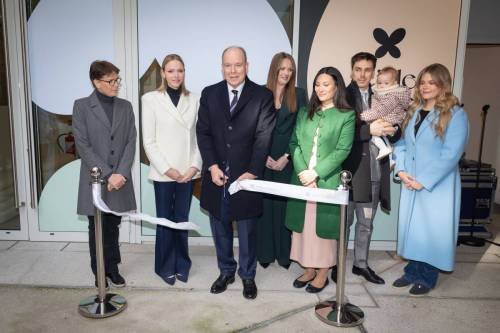The Monaco Red Cross is providing a critical public service, namely free first aid training designed to empower individuals with the skills to act confidently in emergencies. Every year, more than a thousand people receive training through the organization’s Prévention et Secours Civiques de niveau 1 (PSC1) course—a foundational program in emergency care that’s open to residents, workers, and students in Monaco and neighbouring towns.
Held over two days at the Red Cross headquarters on Avenue de la Costa, the sessions cover essential lifesaving techniques, from how to stop severe bleeding to using a defibrillator during cardiac arrest. It’s practical, accessible, and entirely free of charge, part of the Monaco Red Cross’s longstanding mission to make lifesaving knowledge universally available. It was the wish of Princess Grace, President of the Monaco Red Cross from 1958 to 1982, that the training be accessible to as many people as possible.
Turning Bystanders into First Responders
Emergencies can happen anywhere: at home, in traffic, on the job, or in the classroom. Yet many people hesitate to intervene, often out of fear of doing something wrong. The Red Cross training aims to remove that uncertainty by giving participants the confidence and know-how to take effective, safe action before professional help arrives.
The PSC1 curriculum includes responses to burns, choking, unconsciousness, trauma, and sudden illness. Participants are also introduced to automated external defibrillators (AEDs), which are increasingly available in public spaces around Monaco. Importantly, trainees learn how to assess a scene, prioritize safety, and contact emergency services efficiently.
A Diverse Group of Learners
The training attracts a wide range of participants. Some are students preparing for careers in health, wellness, or public service. Others work in industries, like construction or education, where risks are higher or where they are responsible for the well-being of others. Some attend simply out of a desire to be more prepared for real-life situations involving family or the public.
In many cases, the course is not a first-time experience. Professionals who were previously trained often return for a refresher, especially after several years, as first aid protocols evolve over time. International guidelines now emphasize regular updates, with some techniques changing based on the latest research. For example, recommendations around defibrillator use on children have shifted in recent years.
Building a Culture of Readiness
The Monaco Red Cross initiative reflects a broader commitment seen across Europe to integrate first aid into everyday life. Some European countries like Germany, Austria, and Switzerland now require first aid certification for drivers’ licenses or have introduced it into school curriculums. Monaco’s approach, offering high-quality training without charge, helps eliminate economic or logistical barriers that might otherwise prevent people from gaining these critical skills.
This initiative is also about more than technical ability. It’s about fostering a mindset of responsibility and community care. By equipping more people to act during emergencies, Monaco is building a more resilient society, one where every citizen has the potential to be a first responder.
Enrolling in the Program
The free PSC1 training is available to Residents of Monaco, Individuals employed in the Principality and Students attending school in Monaco. Members of local associations and Residents of nearby French municipalities are also included.
Courses are offered throughout the year, and registration is simple. Those interested can apply through the Monaco Red Cross website or by visiting their offices directly.
Whether it’s a medical emergency at work, a domestic accident, or a crisis in a public place, being trained in first aid can make the difference between life and death. Thanks to the efforts of the Monaco Red Cross, more people than ever are prepared to take that responsibility and help when it counts most.

